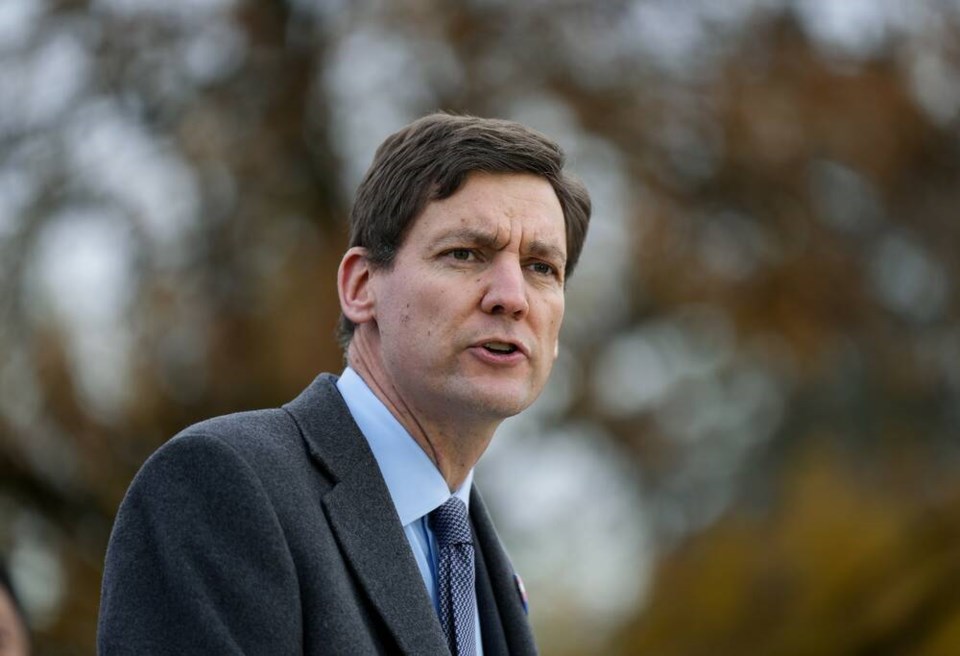With David Eby now firmly seated in the premier’s office, it’s not too soon to ask how his style of managing may differ from his predecessor’s.
John Horgan was defined, more than anything, by his working-class origins. He saw himself as a “man of the people,” and while that has become something of a hackneyed phrase, in fact it captured his cheerful, easy-to-get-along-with personality.
Voters felt they knew him and trusted his instincts, in part because he didn’t condescend and used the power of his office sparingly. But also because he used his premiership to make broad decisions — even when controversial — yet left management to his ministers.
The Eby now emerging leans more on his activist background and impressive legal knowledge. Both as a lawyer and a past executive director of the B.C. Civil Liberties Association, he takes a more idealistic approach to issues than Horgan, and presents his solutions as he would argue a case in court.
It might be fair to say that while Horgan was inspired by the needs he saw around him, Eby is more inspired by bringing to fruition ideas that he has thought long and hard about.
Some of this shines through Eby’s plan for his first 100 days in office. He announced that solving the shortage of affordable housing, rebuilding our health-care system, making streets safer and pursuing clean energy were among his top priorities.
Those are, indeed, top-of-mind issues.
But it was the self-assured, categorical way he spoke about them that defines his approach to governing. A more cautious politician might have given himself more room.
These aren’t the kind of problems that arise because of some identifiable error that can be fixed. They’re systemic, longstanding and deep-rooted.
Some, like the housing crisis and global warming, have causes well beyond the reach of provincial governments to correct, at least in the short term.
Yet in the words he chose, Eby set himself the task of making major inroads in each area. While the details were often lacking, he left little doubt about the outcome.
Dealing with public safety, Eby said he will make downtowns across the province “safe again.” No ifs, ands or buts.
On affordable housing, he promised to “deliver the housing.”
All of this and more, he said “will deliver significant change for British Columbians.”
Of course, it’s good to see a political leader promising bold action. Confidence and self- assurance are not a flaw.
No one can fault Eby for his desire to confront the challenges of our time.
But with an election due in October next year, can he deliver these commitments in time? If random crime continues unabated and middle-income families still struggle to find affordable housing, will his good intentions, so firmly staked out, come back to haunt him?
It might have been more prudent, once in office, to call for an election this spring and give himself a full, four-year mandate.
Of course, that runs at odds with the B.C. Constitution Act, which mandates elections on a set timetable. Yet Horgan took advantage of his government’s minority status to seek re-election ahead of schedule.
Being newly appointed, Eby could have made the case that the usual strictures need not apply.
Nevertheless, the premier has said repeatedly that he will not call an early election, that he knows of no one who wants this.
He has, in other words, set himself to deliver an ambitious program of change within a very tight time frame. It will be an impressive performance if he pulls it off.



